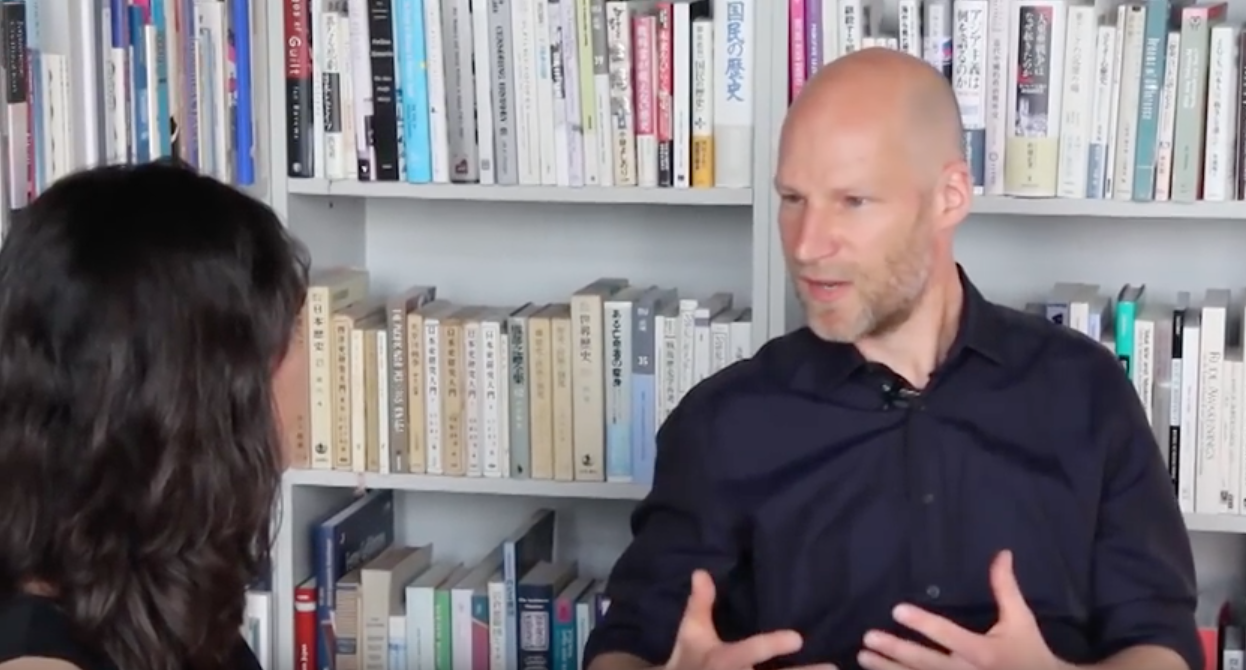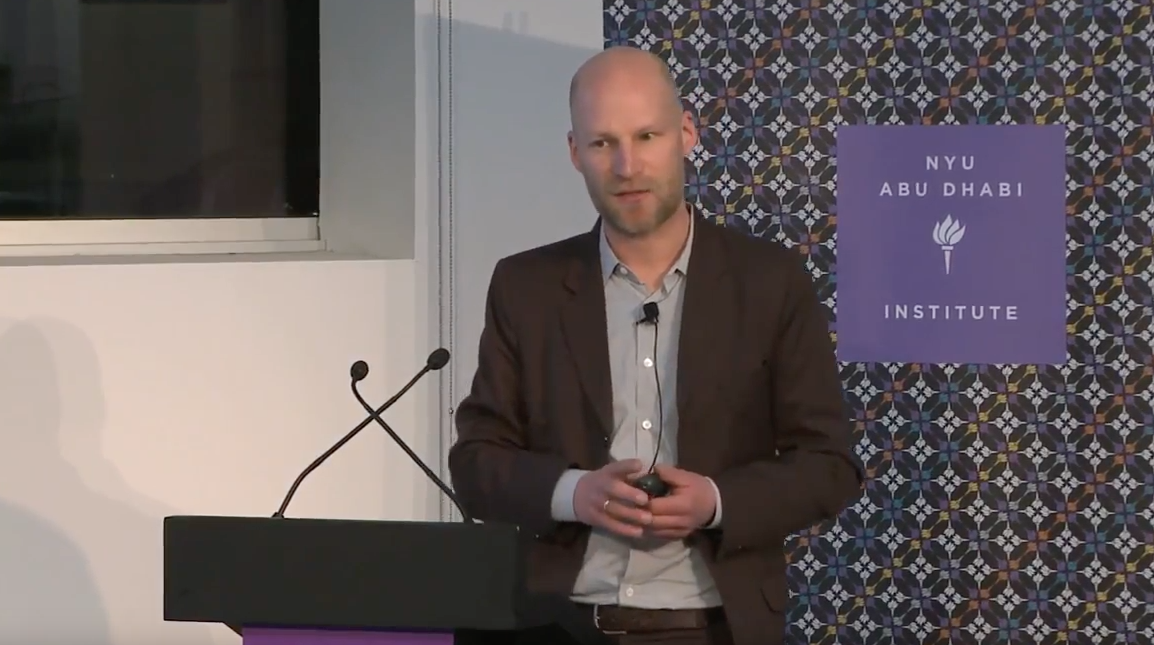Prof. Dr. Sebastian Conrad
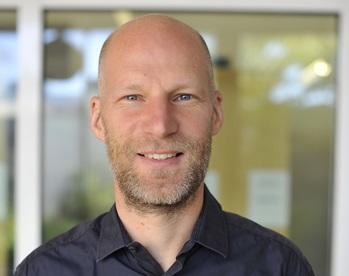
Friedrich-Meinecke-Institut
Universitätsprofessor
Global History, (Post-)colonial History, Intellectual History
Neuere Geschichte/Global History
Koserstraße 20
Raum A 355
14195 Berlin
Sprechstunde
Please sign up here for office hours
Sebastian Conrad holds the Chair of Modern History at Freie Universität Berlin. He joined the faculty in 2010 after teaching for several years at the European University Institute in Florence. He was a fellow at the Institute for Advanced Study (Wissenschaftskolleg) in Berlin, a visiting professor at the École des Hautes Études in Paris, and a visiting scholar at the University of California, Santa Barbara; in the spring 2017, he held the Theodor Heuss Chair at the New School, New York.
Sebastian Conrad is the director of the MA “Global History”, a joint-degree program at Free University and Humboldt University, Berlin; he is also the director of the graduate school “Global Intellectual History”. He is currently a Principal Investigator of the Cluster of Excellence “Temporal Communities”. He is on the editorial board of Geschichte und Gesellschaft, of Past & Present (2012-2019), of Modern Intellectual History, and of Esboços: histories in global contexts. Together with Stefanie Gänger, Valeska Huber and Margrit Pernau, he is the editor of the book series Globalgeschichte (Campus publishers). He is an elected member of the Berlin-Brandenburg Academy of Sciences and Humanities, and of the Academia Europaea.
For a full CV, see PDF.
Public lectures
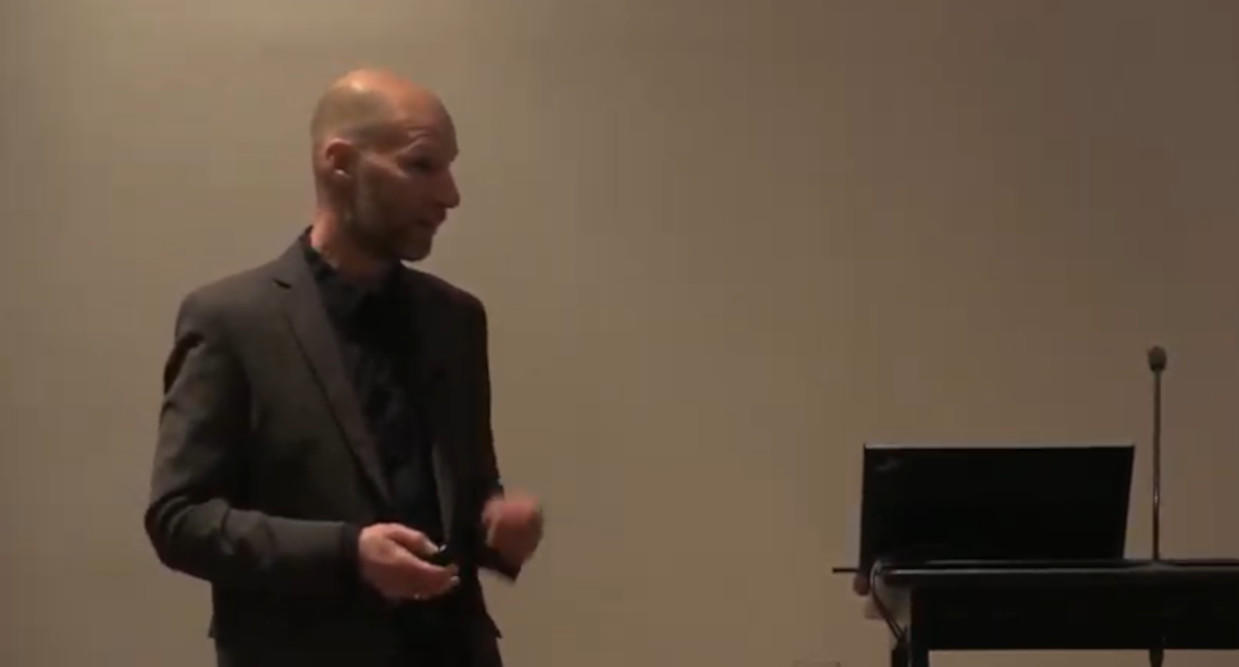
"Greek in their own way” (Berlin Institute of Advanced Study, December 2017)
“What is Global History?” (Interview with Sebastian Conrad, July 2016)
"Enlightenment in Global History" (NYU Abu Dhabi, February 2014)
Podcasts
New Books Network - "What is Global History?" (2018)
Sebastian Conrad, “Die Revolution der Zeit”, lecture (in German) (October, 2017)
“The Theory of Global History”: Interview with Sebastian Conrad (January, 2019)
The Global History Podcast – “Approaches to Global History” (2019)
Sebastian Conrad on Twitter
In our globalizing times, the traditional framework of looking at the past as enshrined in national containers no longer seems adequate. In order to make historical studies relevant for current public debates, more capacious frameworks are needed to account for the entanglements and interactions that made the modern world. This insight very much resonates with my own academic trajectory. During my training in both German and Japanese history, I acutely felt the constraints that the institutional framework and different disciplines (history and East Asian Studies) imposed on students, and on historians more general. For the past decades, therefore, I have been grappling with ways in which to look at the past beyond the confines of isolated compartments.
After spending several years in Japan and researching the way in which historians in West Germany and Japan came to terms with the national past after fascism and defeat in World War II, The Quest for the Lost Nation: Writing History in Germany and Japan in the American Century (University of California Press, 2010); in it, I pursue a form of transnational comparison that is very much informed by postcolonial approaches. My second book turned to a classical topic of the German past, namely nationalism. In Globalisation and the Nation in Imperial Germany (Cambridge University Press, 2010), I offer a global perspective on the transformations of German nationalism in the late nineteenth century, by looking at the way in which migration and global integration deeply affected the way in which the nation was negotiated in the Kaiserreich. An important dimension of Germany’s global connections were mediated by empire; crucially, these imperial structures reach beyond the formal, territorial colonies and need themselves be placed in the global context of the time, a theme I explore in German Colonialism: A Short History (Cambridge University Press, 2012)
In recent years, I have grappled with the question of how to write global history, and how it relates to related approaches like postcolonial studies and world systems theory. Globalgeschichte: Eine Einführung (C.H. Beck, 2013) is an introductory account, very much designed as a textbook for students. By contrast, What is Global History? (Princeton University Press, 2016) discusses on a more theoretical level the implications of a global approach for the notions of space and time, for the concepts that historians use, and the politics of global history.
Putting these ideas into practice, I co-edited volume 4 of the book series A History of the World, with the title An Emerging Modern World, 1750-1870 (Harvard University Press, 2018); my own book-length chapter on “A Cultural History of Global Transformation” has appeared as a stand-alone paperback in Italian. The book also includes a version of my most downloaded article, “Enlightenment in Global History: A Historiographical Critique,” American Historical Review 117 (2012).
My most recent book is Die Königin: Nofretetes globale Karriere, Berlin 2024. The book uses the famous bust of Nefertiti to understand the making of a global icon. The characteristic image of Nefertiti is known all over the world. Discovered in 1912 and first exhibited in 1924, her bust has turned into an icon of universal beauty that is globally recognized. How did this transformation happen, from ancient queen to modern icon? How can we explain her worldwide resonance – in places like Germany and Britain, Brazil and Egypt, Bengal and the United States, and beyond? This is a story of struggles over legal ownership and restitution; it is also a story about beauty standards in a globalizing world. But it is more: Claiming Nefertiti was about making claims on modernity. Understanding Nefertiti’s global fame, from German Egyptologists to Michael Jackson and Beyoncé, tells us much about the changing patterns of cultural globalization.
Currently, I am working on a book project that is concerned with the history of the body in a global age. Since the late nineteenth century, in many societies the body has increasingly become a site where subjectivities are produced and social inequalities negotiated. Bodies – now increasingly understood as malleable – have become a key marker of identity. The book looks at the ways in which notions of bodily aesthetics have changed over time, and explores the work that strategies of beautification, and the discussions surrounding them, have played. Through case studies on topics like body building, beauty contests, the cosmetic industry, cosmetic surgery, and others, and by employing a global history approach, it addresses questions like the following: How were bodily practices and individual desires related to large-scale social and economic transformations? How is bodily appearance connected to power and inequality? Who sets the standards in the global marketplace? How have notions, and practices, around the body changed in our globalized world?
For more on my publications, see my Academia site.
Most recent

Die Königin: Nofretetes globale Karriere, Berlin 2024
Finalist for the German non-fiction book award 2024.
Finalist for the NDR non-fiction book award 2024.
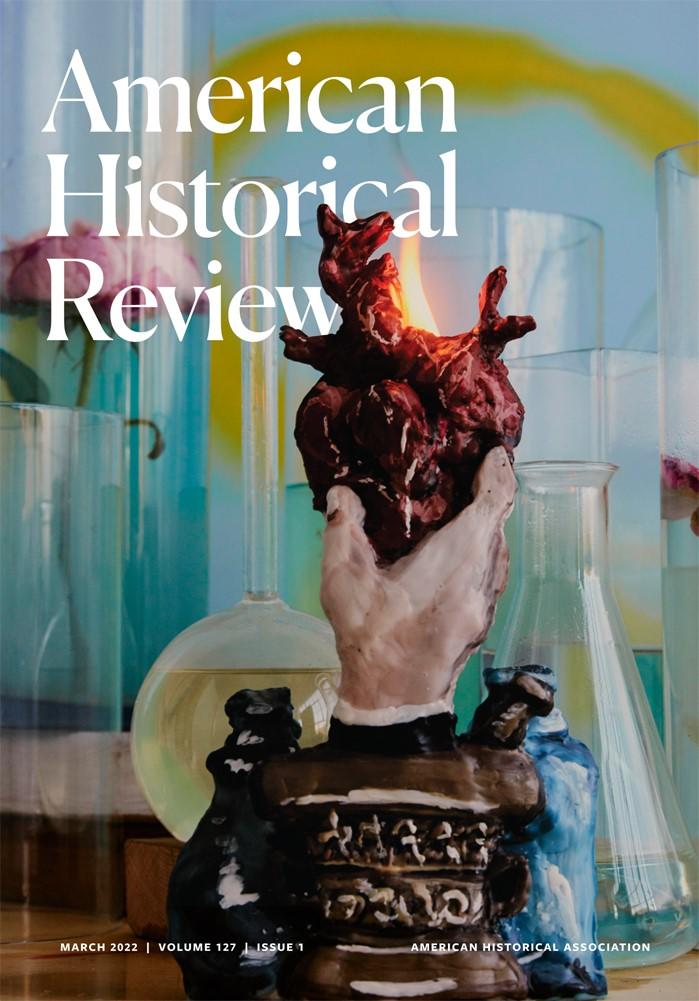
“Empire and Nationalism,” American Historical Review 127, No. 1 (2022), 327-332.
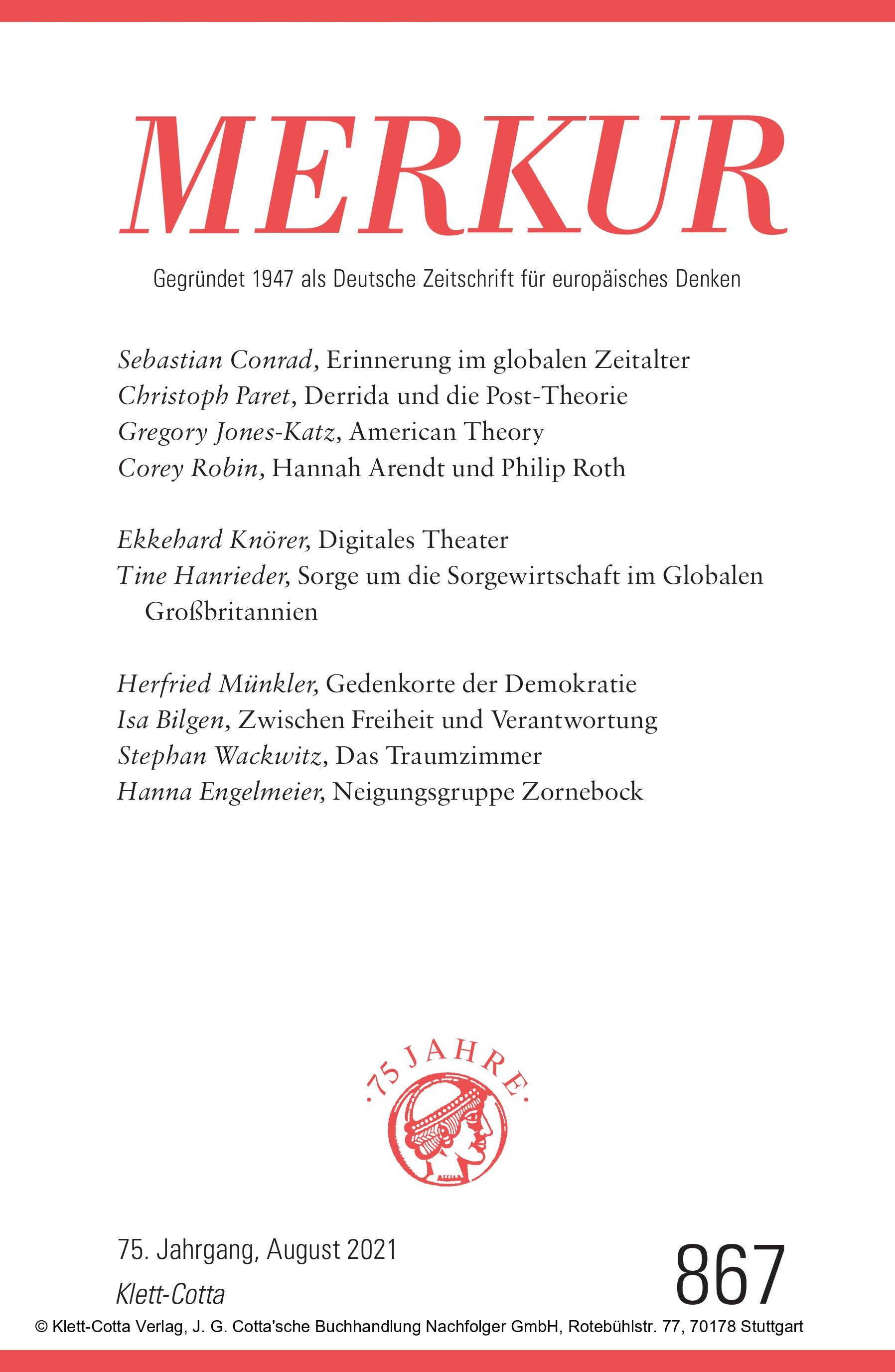
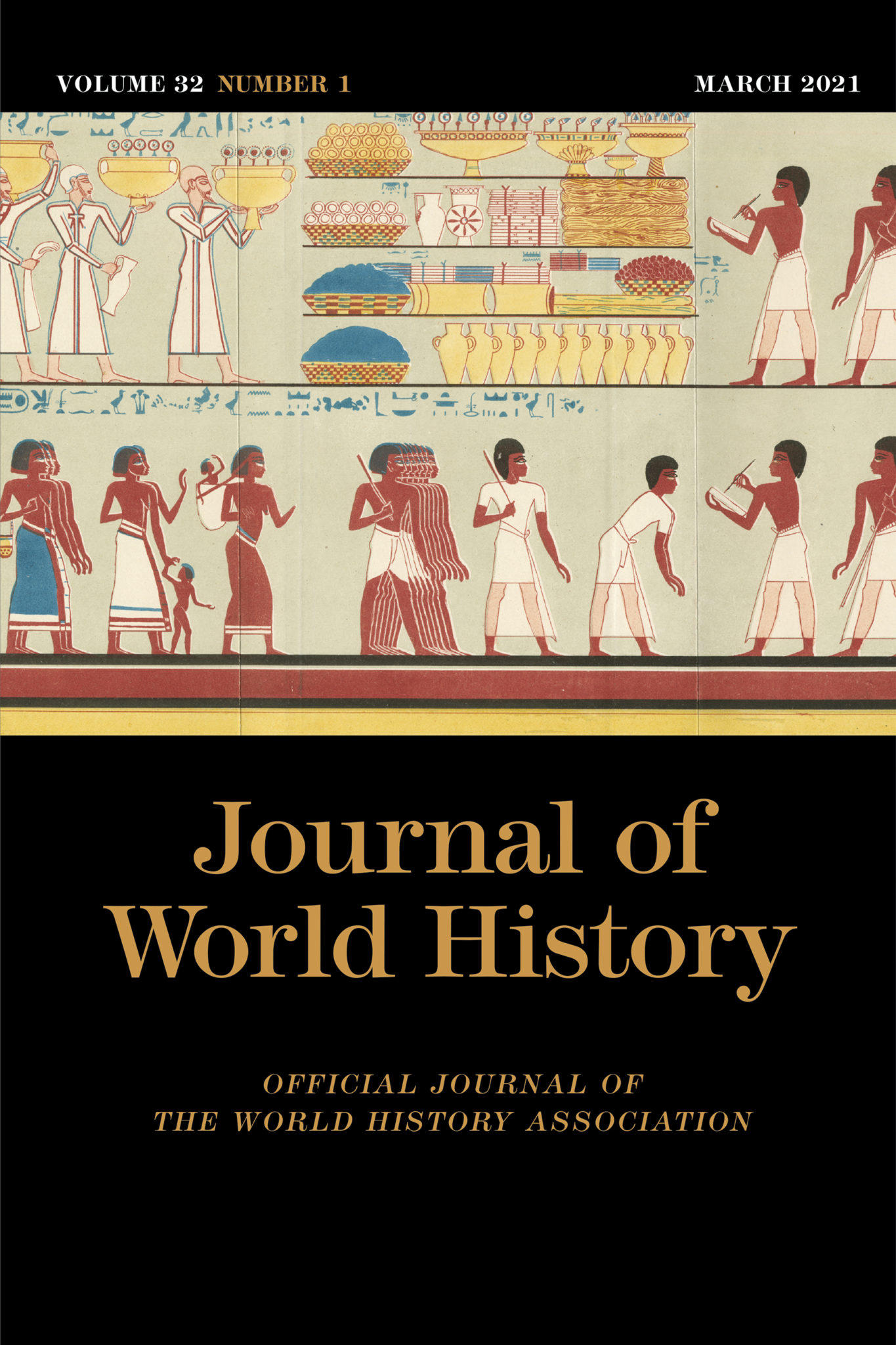
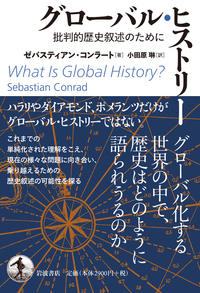
Japanese translation of What is Global History? published:
Gurôbaru history: Hihanteki rekishi jujutsu no tame ni, Tokyo (Iwanami shoten) 2021.
Selected Publications
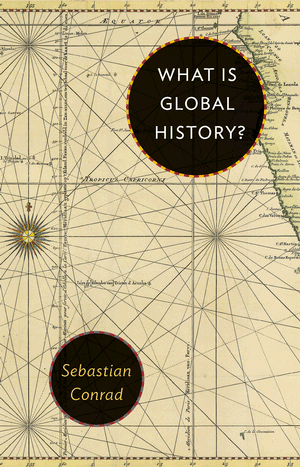
Princeton University Press, 2016
Chinese edition from China CITIC Press 2018. Taiwanese edition: Quan qiu shi de zai si kao (Gusa publisher) 2016; Spanish: Historia Global: Una nueva visión para el mundo actual (Critica) 2017; Russian: Chto takoe global’naya istoriya (New Literary Observer Publishing House) 2018; Estonian: Mis on globaalne ajalugu? (Tallinna Ülikool) 2018; Portuguese: O que é a história global?, Lisbon (Edições 70) 2019. Japanese: Gurôbaru history: Hihanteki rekishi jujutsu no tame ni, Tokyo (Iwanami shoten) 2021. Translations into Turkish and Serbian under contract.
Review by Serge Gruzinski in the Guardian
Further reviews
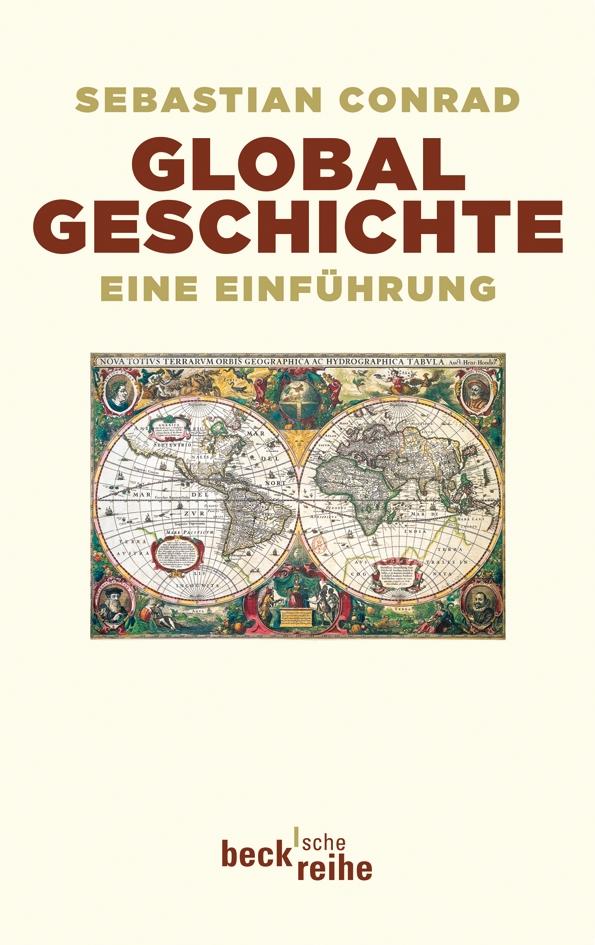
"Globalgeschichte: Eine Einführung"
C.H. Beck, 2013
Swedish edition: "Globalhistoria: En Introduktion," translated by Johanna Holmberg, Lund (Studentlitteratur) 2015.
Italian edition: "Storia globale. Un'introduzione," translated by Nicola Camilleri, Rome (Carocci editore) 2015.
Chinese edition: Quanqiushi daolun, translated by Chen Hao, Beijing (Shangwu yinshuguan), 2018.
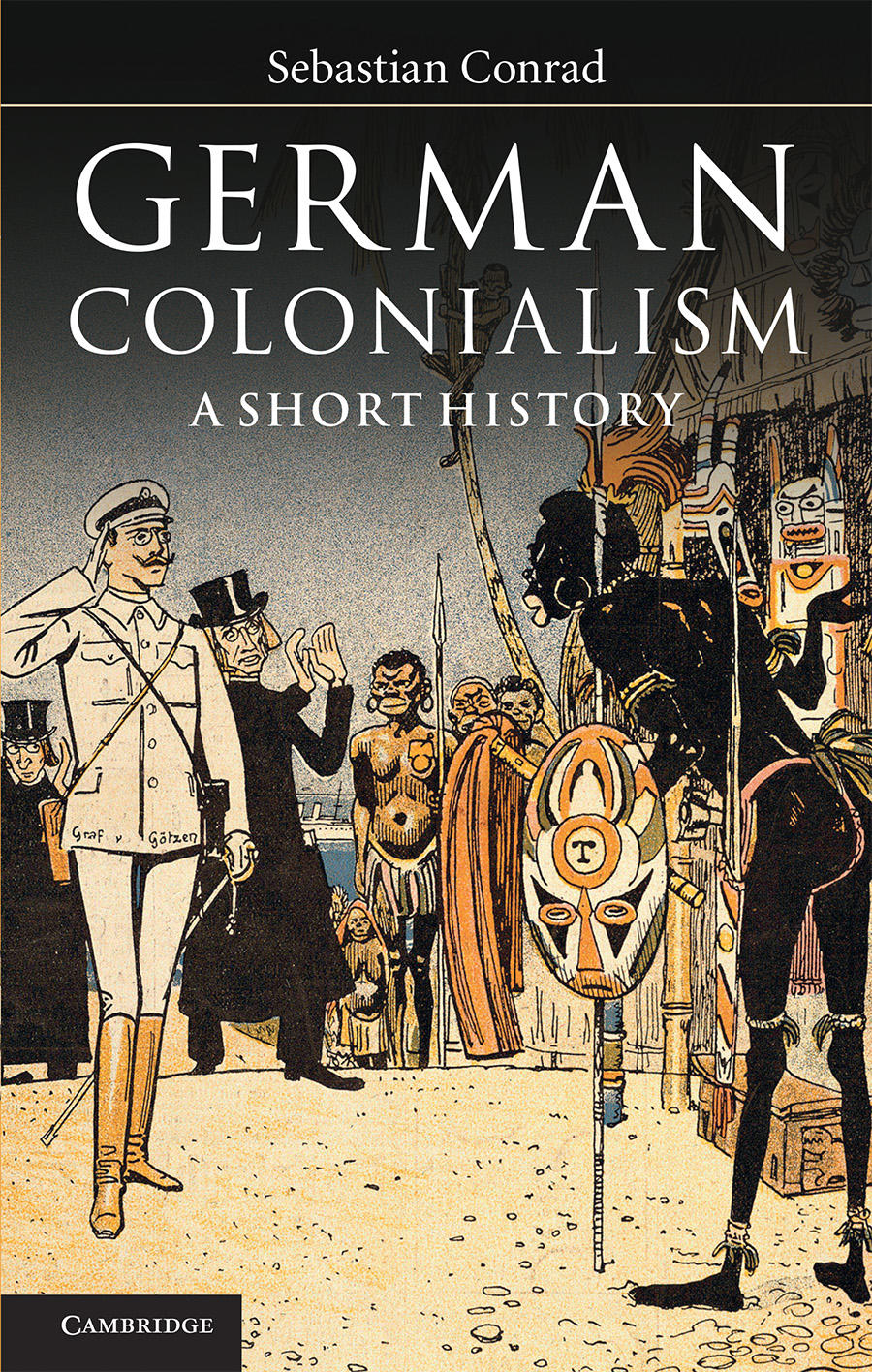
"German Colonialism – A Short History"
Cambridge University Press, 2012
German edition: "Deutsche Kolonialgeschichte", C.H. Beck, 2008 (4th edition 2019)
Review by Richard Evans in the London Review of Books
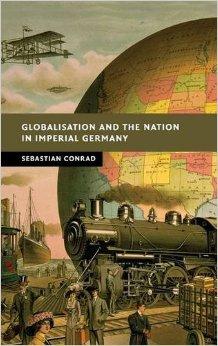
"Globalisation and the Nation in Imperial Germany"
Cambridge University Press, 2010
German edition: "Globalisierung und Nation im Deutschen Kaiserreich", C.H. Beck, 2006
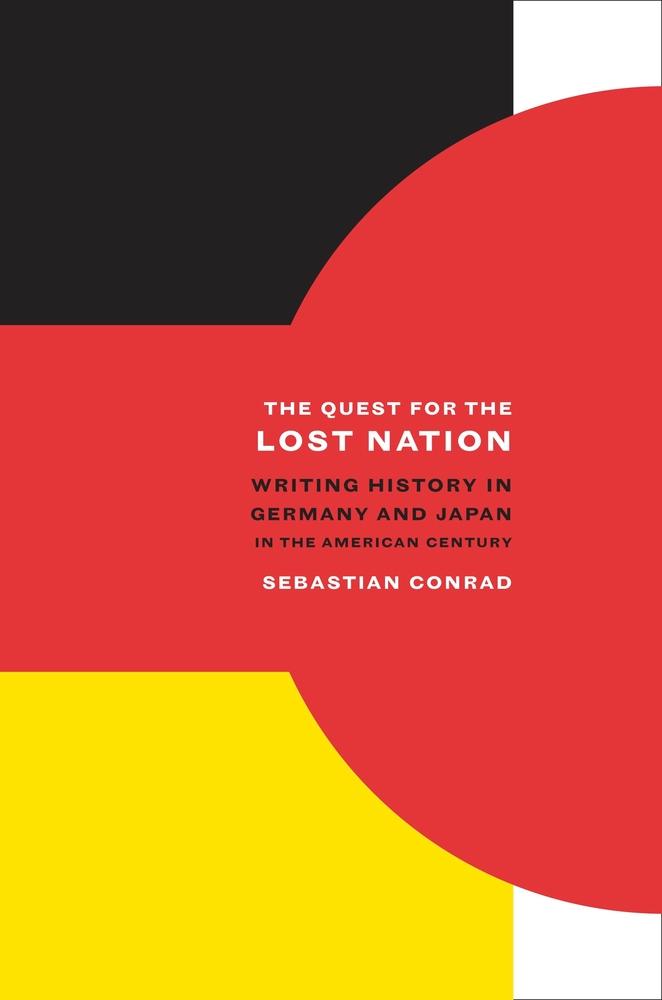
"The Quest for the Lost Nation: Writing History in Germany and Japan in the American Century"
University of California Press, 2010
German edition: "Auf der Suche nach der verlorenen Nation. Geschichtsschreibung in Westdeutschland und Japan, 1945-1960", Vandenhoeck & Ruprecht, 1999
Selected Journal Articles“Globalizing the Beautiful Body: Eugen Sandow, Bodybuilding, and the Ideal of Muscular Manliness at the Turn of the Twentieth Century,“ Journal of World History 32 (2021), 95-125.
“Globalisierung,” NZZ Geschichte 29 (July 2020), 20-25.
“Greek in Their Own Way: Writing India and Japan into the World History of Architecture at the Turn of the Twentieth Century,” American Historical Review 125, no. 1 (2020), 19-53.
"Nothing is the Way it Should Be": Global Transformations of the Time Regime in the Nineteenth Century, in Modern Intellectual History vol. 15, no. 3 (2018), 821-848.
"The Dialectics of Rememberance: Memories of Empire in Cold War Japan", in Comparative Studies in Society and History, vol. 56, no. 1 (2014), 4–33.
"Viewing Regionalisms from East Asia", in American Historical Association Pamphlet, 2013 (together with Prasenjit Duara).
"Rethinking German Colonialism in a Global Age", in The Journal of Imperial and Commonwealth History, vol. 41 (2013), 543–566.
"Enlightenment in Global History: A Historiographical Critique", in American Historical Review, vol. 117 (2012), 999–1027.
""The Colonial Ties are Liquidated": Modernization Theory, Post-War Japan and the Global Cold War", in Past & Present, vol. 216 (2012), 181–214.
Most recent edited volume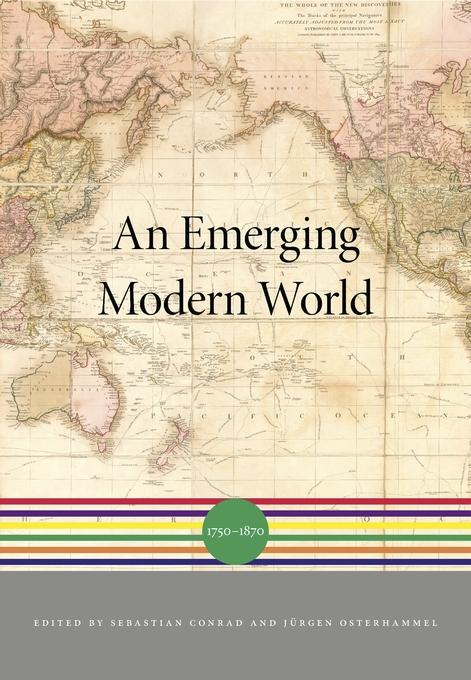
Sebastian Conrad and Jürgen Osterhammel, A History of the World. An Emerging Modern World 1750-1870, Harvard University Press, 2018.
German edition: Geschichte der Welt. Wege zur modernen Welt 1750-1870, C.H. Beck, 2016.
For a full list of publications, see PDF.
